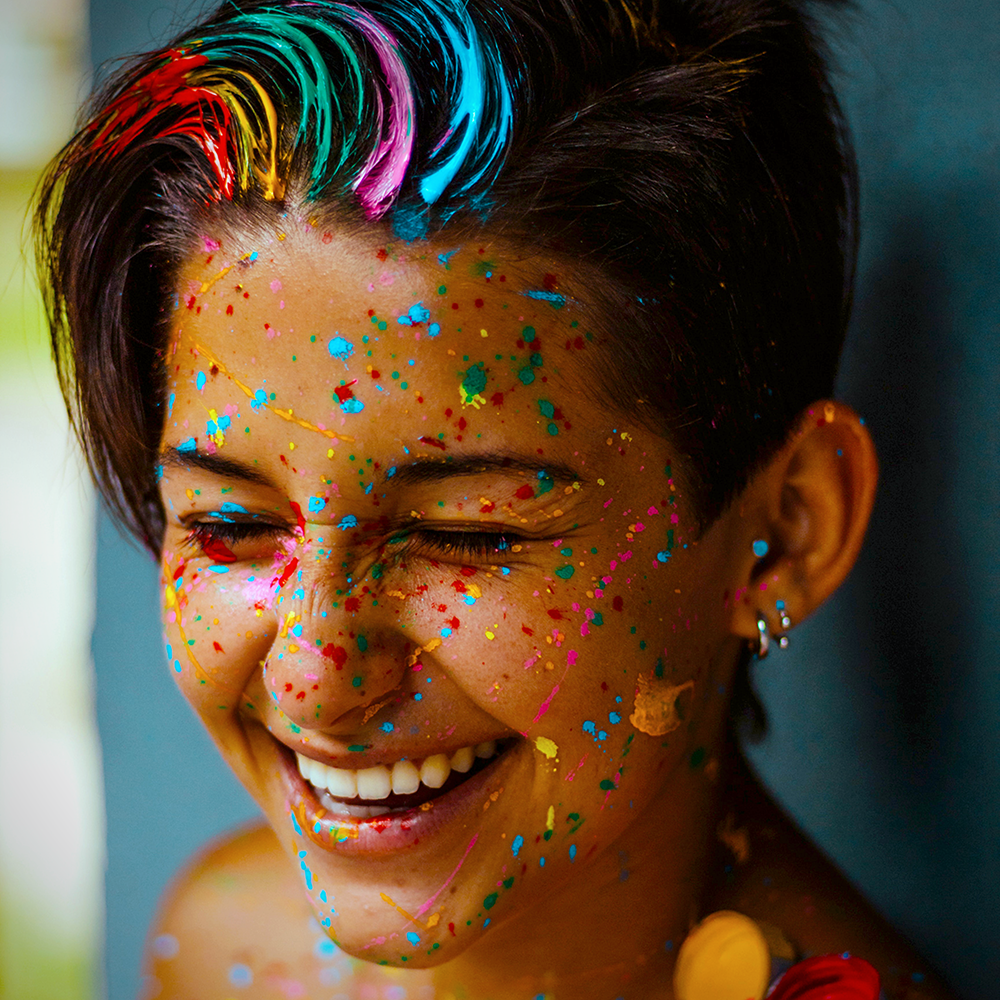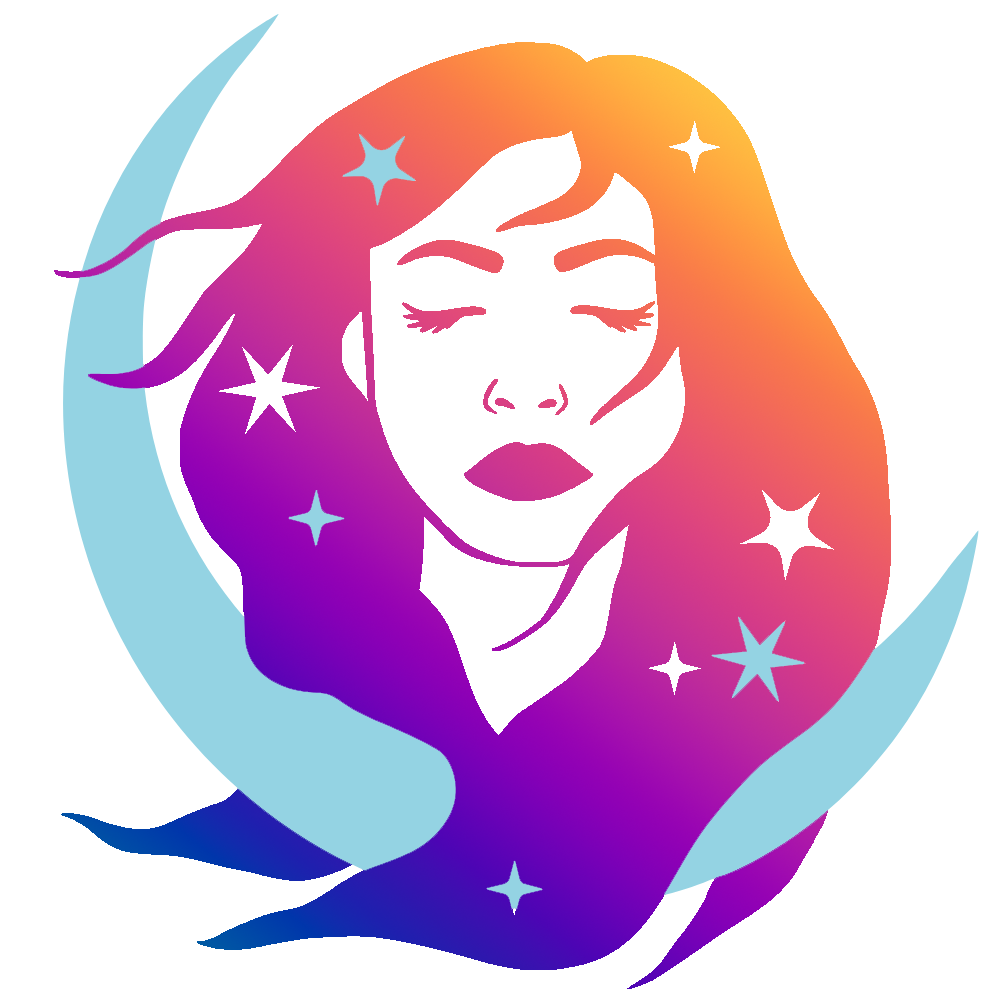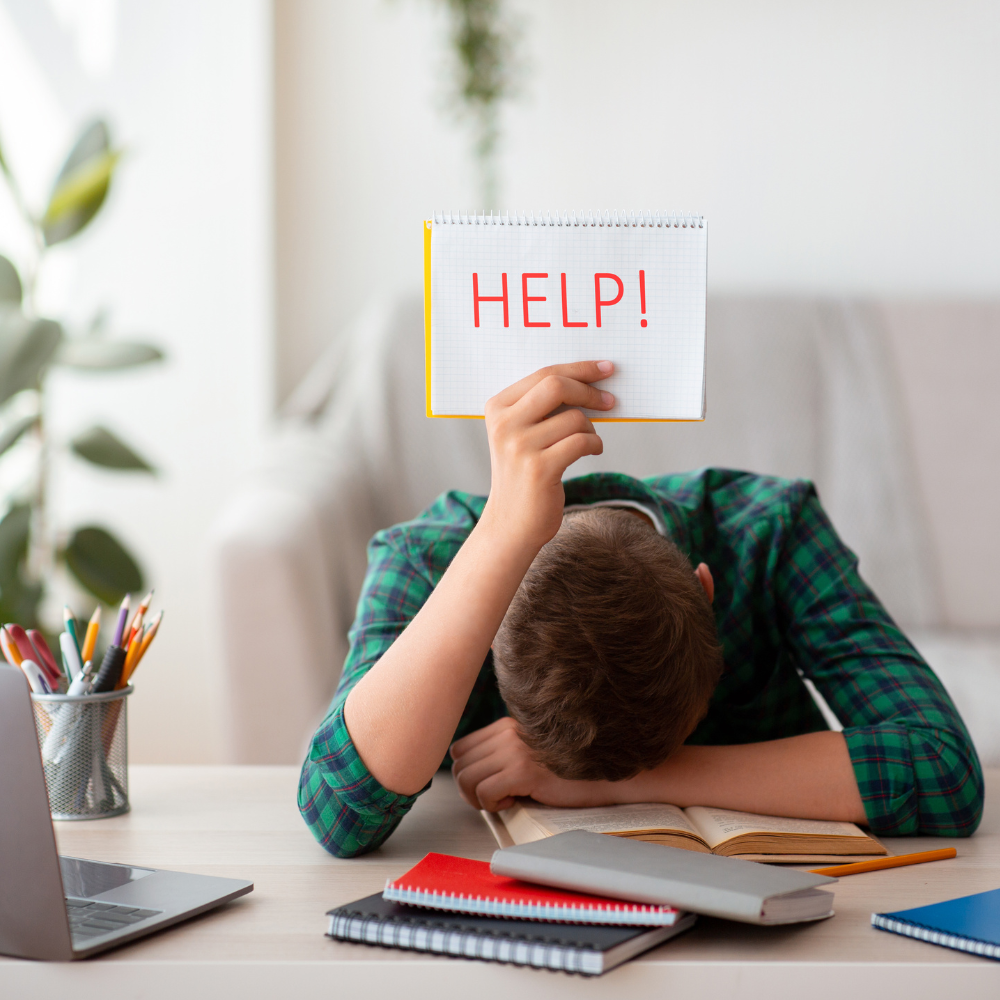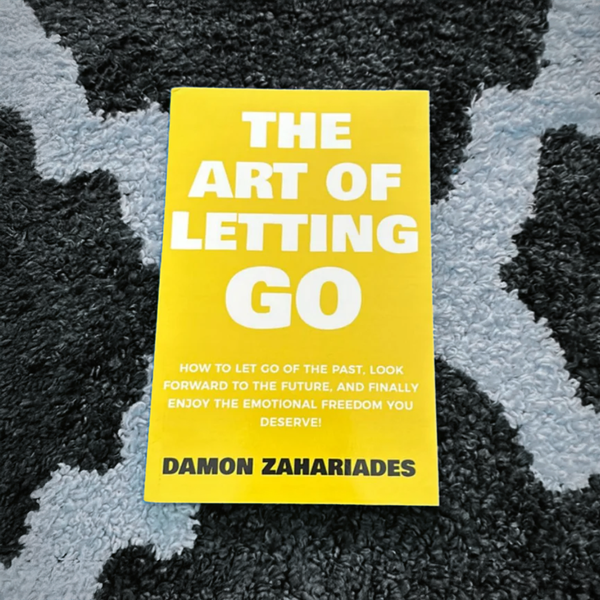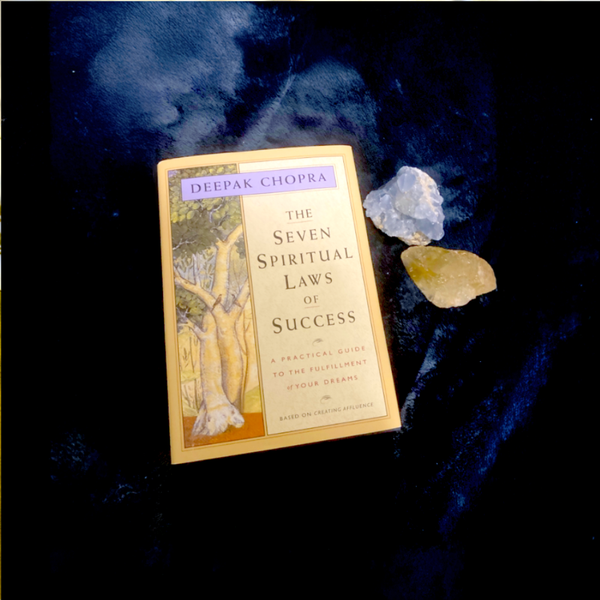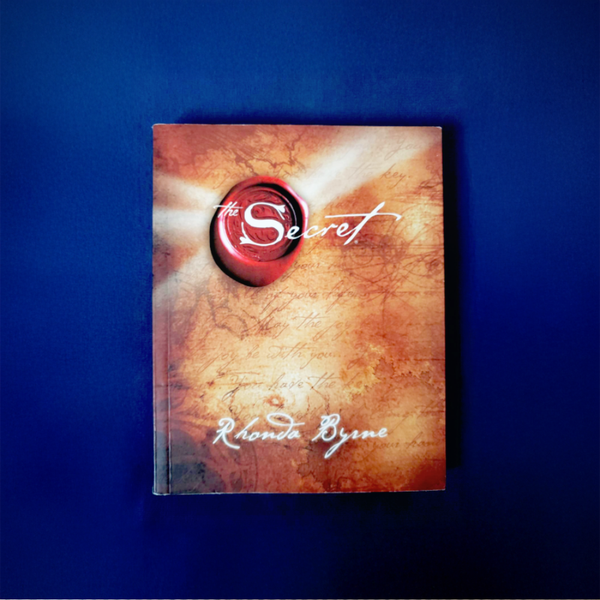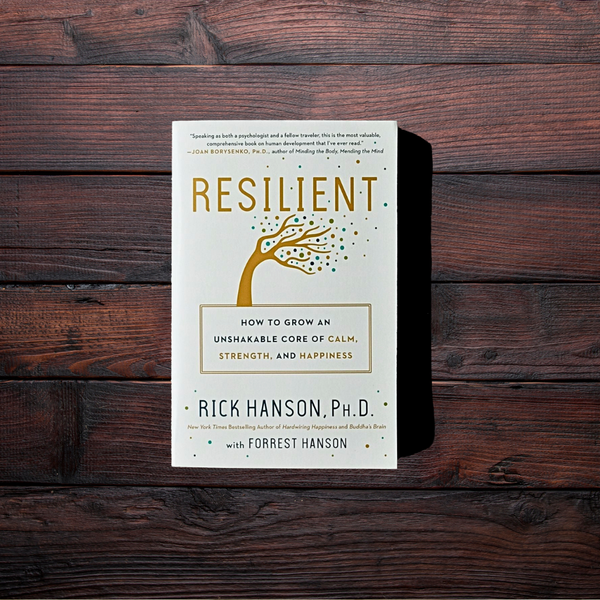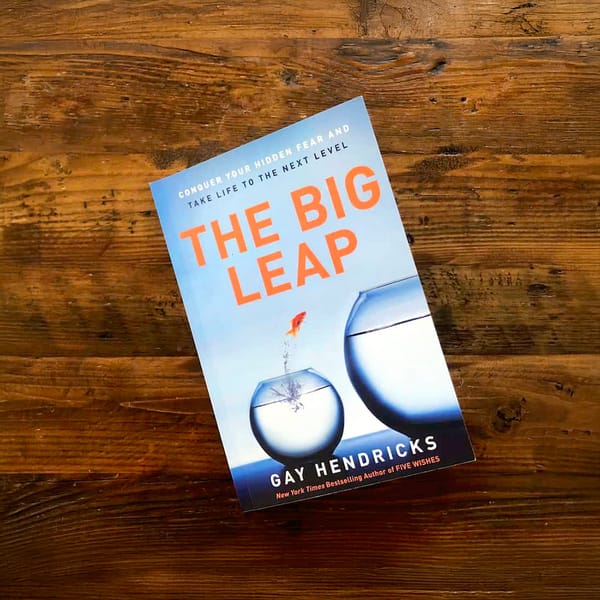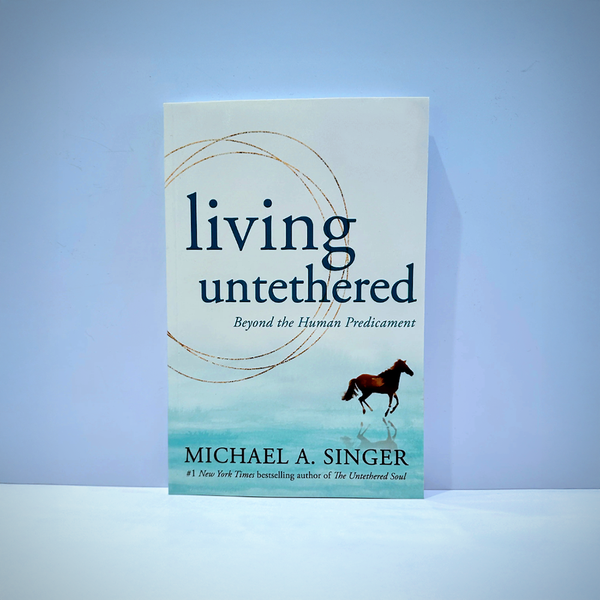Do you often feel overwhelmed, exhausted, and discouraged as a creator?
Have you ever felt like your creative idea well has run dry, striving to create but seeming utterly exhausted?
If so, you're definitely not alone!
Being a creator and artist can be incredibly draining; as a creator of any form of art or design, it can be difficult to manage the day-to-day tasks that come along with your passion.
With the intense effort and passion that goes into every piece it's easy to reach burnout quickly.
As an artist, you know those days when the creative spark has died out and you’re left feeling utterly exhausted.
But just because your creativity has hit a lull doesn't mean it's gone for good!
While we all experience creative fatigue from time to time, there are ways to fight back against this mental exhaustion and rekindle what once drove us –– our passion for creating art.
Burnout is all too common – but we are confident that breaking away from this dreaded cycle is possible!
You don't need to let the exhaustion stop you from making art; you just need to learn how to preserve your energy and find ways to restore it.
In this blog post we will cover how to identify creative exhaustion in yourself and the ways you can overcome it in order to get back on track with your artistry.
We'll take an in-depth look at overcoming creative exhaustion - because you are worth being creative for yourself and others!
Let's explore how to remain inspired in spite of what life throws at you by reigniting that fire inside every creator: overcoming creative exhaustion.
Here’s everything you need to know about using different techniques and tools to overcome any blocks or challenges so that your unique art can continue to shine brighter than ever before.
So, if you’re feeling like giving up on that masterpiece due to utter exhaustion then stick around!
It's time for art makers of all levels to take control over their creative journey and put their minds (and hearts!) into what they do best - creation!
No matter if you're a beginner or experienced artist, read on as we dive deeper into the power of staying inspired!

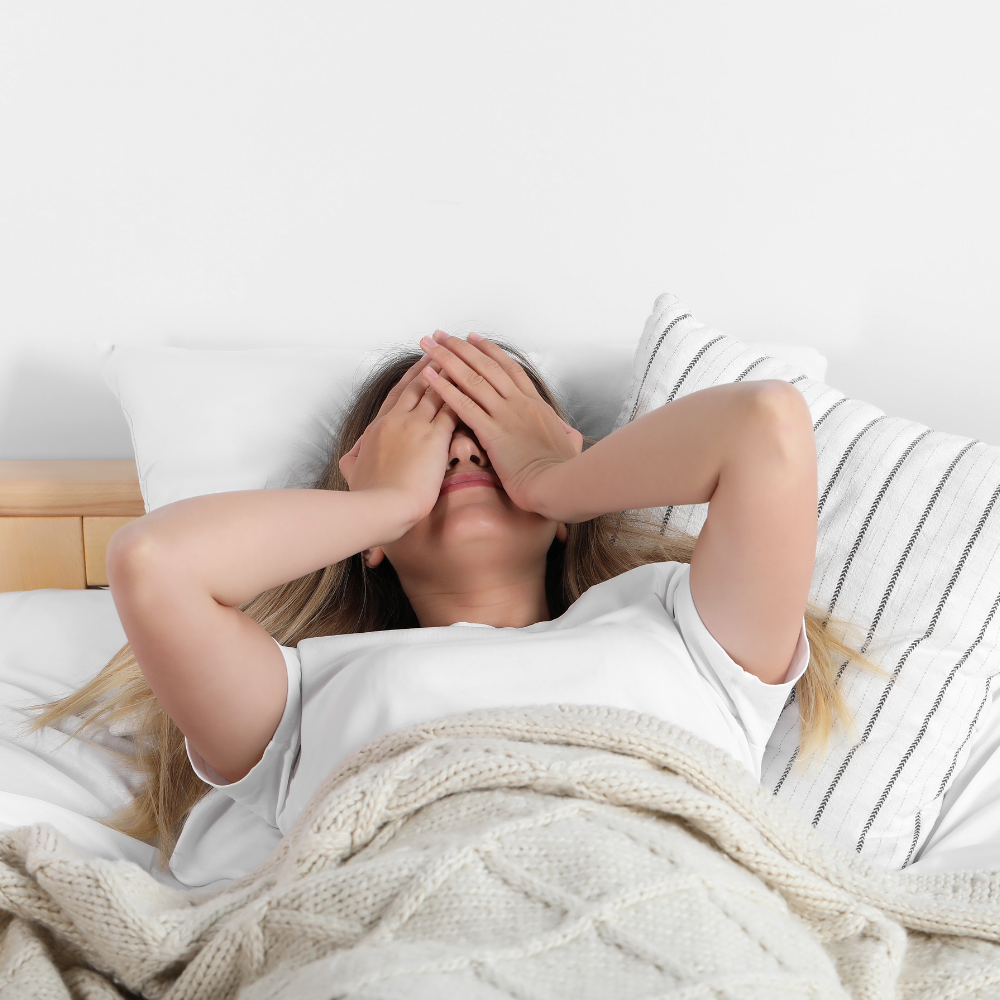

The Anatomy of Creative Exhaustion
If you've ever felt like you're running low on creativity, motivation and energy, then you're not alone.
Every content creator, artist, and designer feels a creative slump at some point. It's called the "burnout" phase.
This can be a challenging time where your output might feel flat, you might question your talent and wonder if you will be able to get back on top of things again.
If you're in that place right now, I feel you.
Exhaustion. Burnout. Fatigue.
Words that have become all too familiar in the world of creators.
Whether you're a writer, artist, musician, or designer, you've likely felt the heavy weight of creative exhaustion.
Creative exhaustion is more than just feeling tired after a long day; it's a chronic state of physical, emotional, and mental exhaustion that permeates every aspect of our lives.
We push ourselves to the brink, driven by passion and ambition, only to find ourselves feeling empty, uninspired, and burnt out.
The sympathetic nervous systems runs on edge, constantly seeking to find something new and innovative in order to create.
But as creators, we can't always keep up with this endless demand for fresh ideas and inspiration.
We need to recognize the signs of creative exhaustion so that we can take steps towards overcoming it both for our own sake and for our collective mental health of the world's citizens.
Some common symptoms of creative exhaustion include feeling fatigued, irritable, and having difficulty concentrating.
You may also experience a lack of motivation, low self-esteem, and an overall sense of hopelessness when it comes to your creative work.
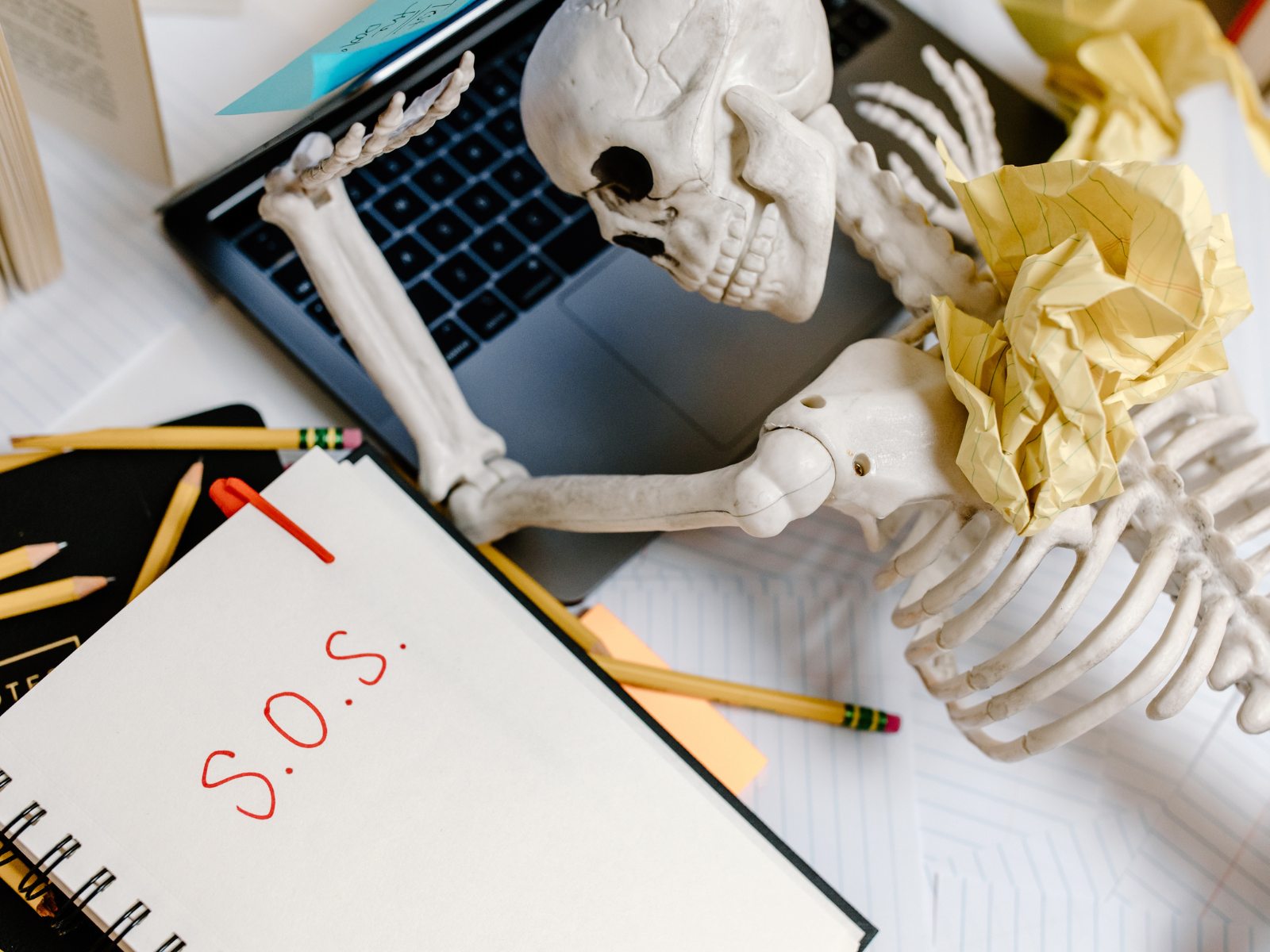
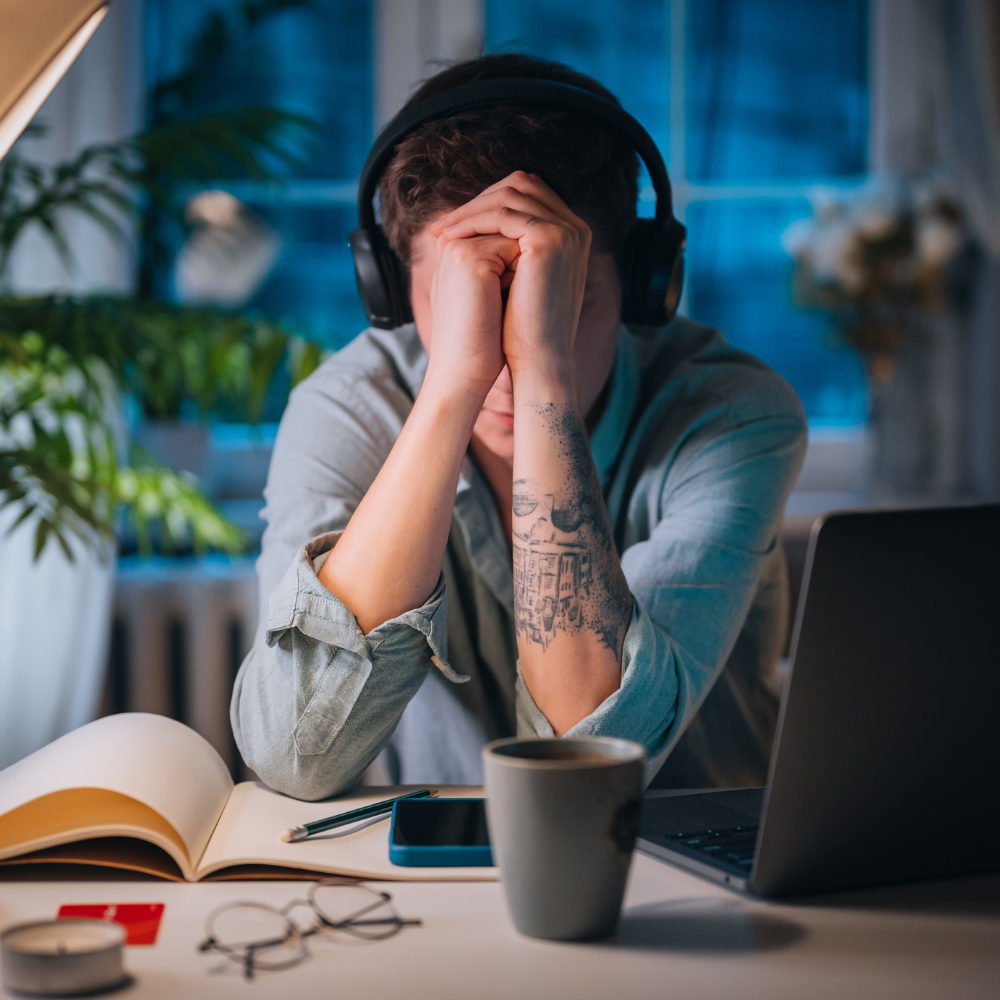
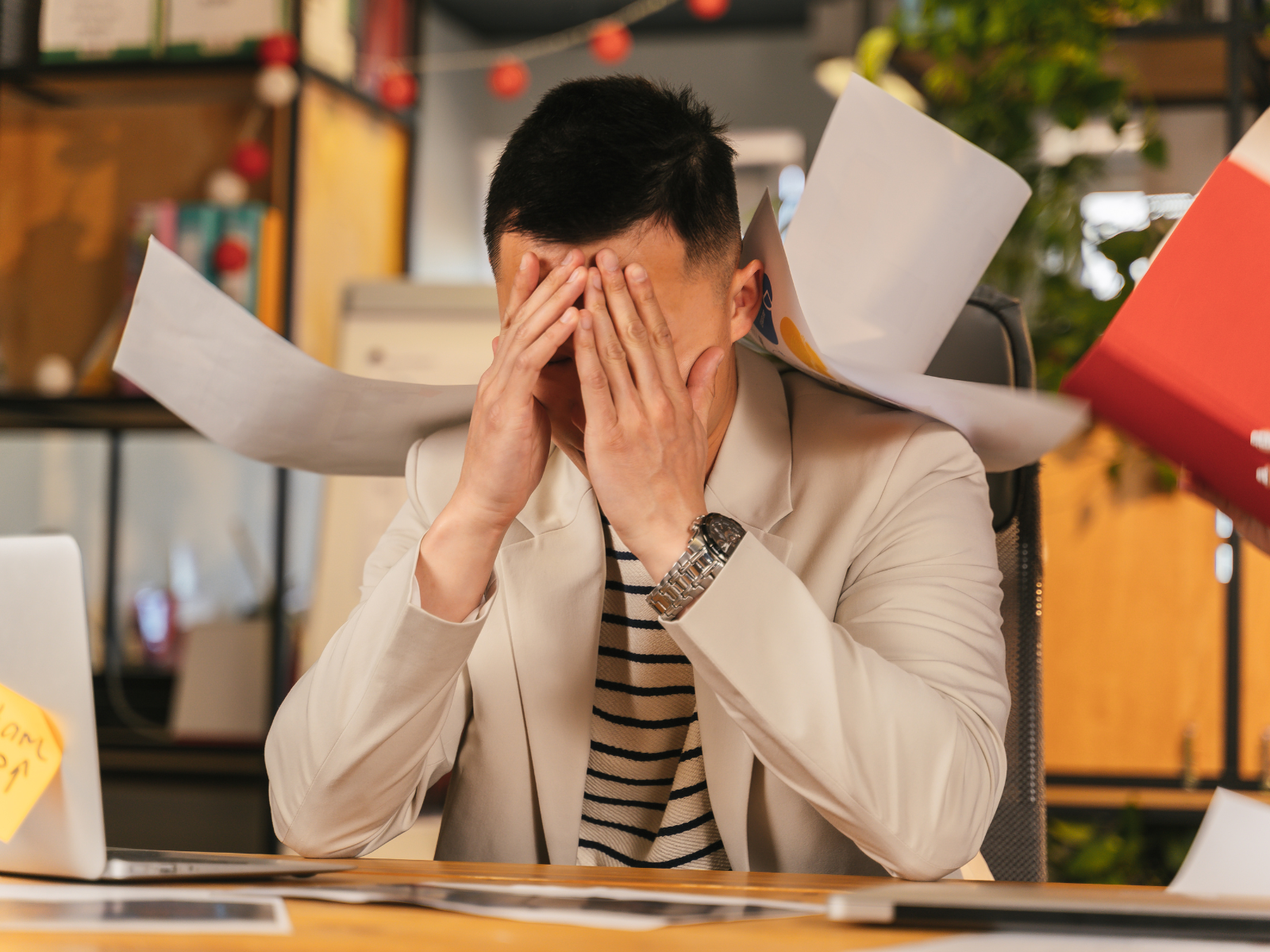
The Psychological Impact
The psychological toll of creative exhaustion is immense.
We start doubting our abilities, our ideas seem stale, and our motivation wanes.
Prolonged periods of stress and overwork can even lead to anxiety and depression.
And for creators, who often have a strong emotional connection to their work, this can be devastating.
The surreal existence of the art world only adds to this pressure.
With constant comparison, self-doubt, and rejection, it's no wonder that many creators struggle with their mental health.
It is important to recognize and address these psychological impacts before they become overwhelming and unmanageable.
The Physical Toll
Physically, chronic fatigue can manifest in numerous ways, from headaches and sleep disorders to more serious conditions like heart disease.
The physical effects of creative exhaustion are not to be underestimated.
Long hours spent hunched over a desk or standing in front of an easel can lead to back pain, eye strain and other health issues.
Lack of sleep and poor diet can also take a toll on our bodies, making it even harder to overcome creative exhaustion as we feel absolutely depleted.
Weight loss, weight gain, and changes in appetite are all common symptoms of creative exhaustion.
Our bodies need proper nutrition and rest to function at their best, and when we're exhausted our immune systems can become compromised, leaving us more susceptible to illness.
The Emotional Burden
As creators, we pour our hearts and souls into every piece of work.
That emotional investment can make the exhaustion feel even more intense.
We may feel like we're failing at something that means everything to us, causing feelings of guilt, shame, and disappointment.
On an emotional level, burnout can leave us feeling detached and apathetic.
We lose the joy and satisfaction that once came from creating, replaced instead by a sense of dread or obligation.
The emotional tangle of creative exhaustion can be overwhelming and leave us feeling utterly defeated.
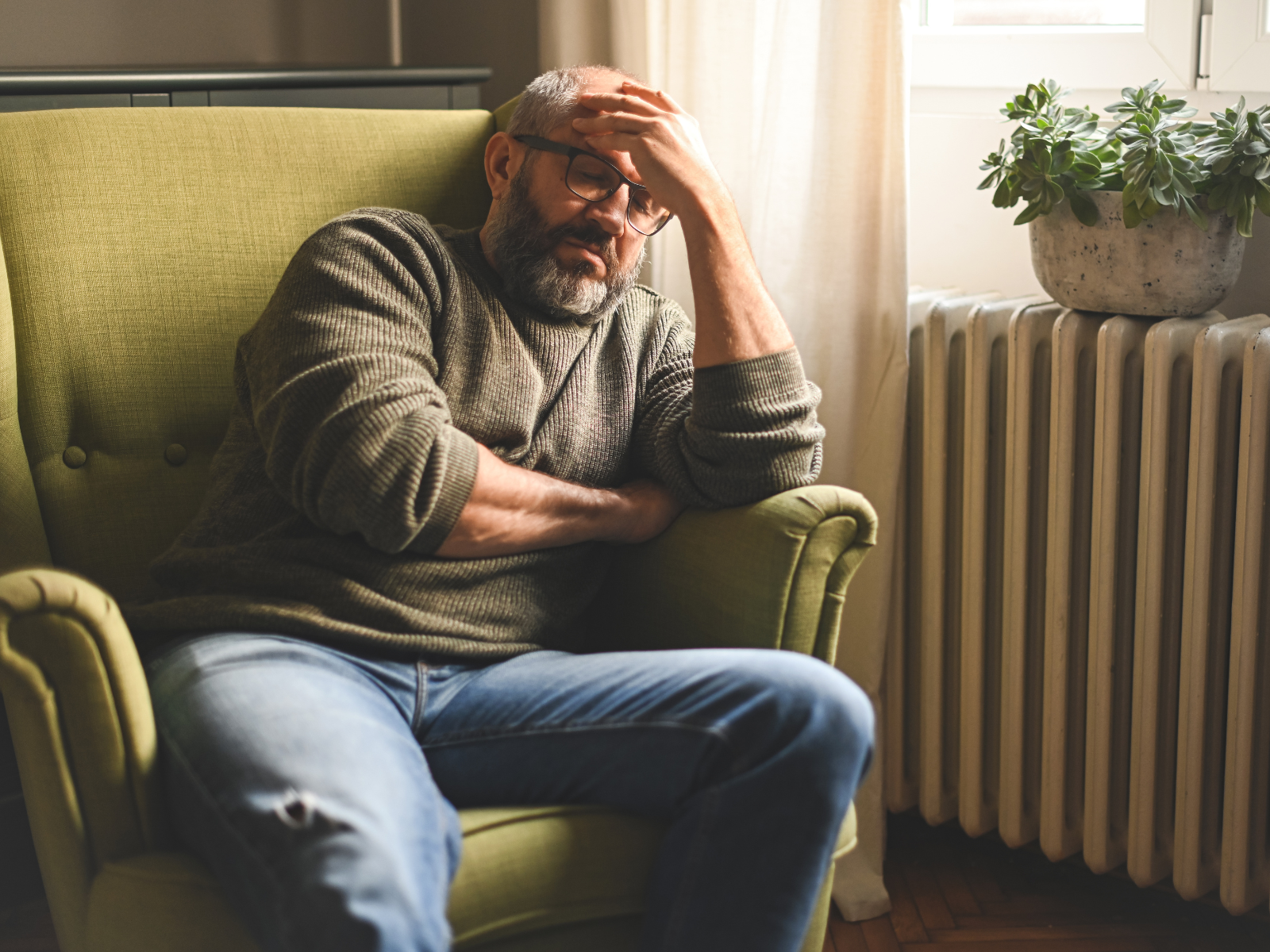

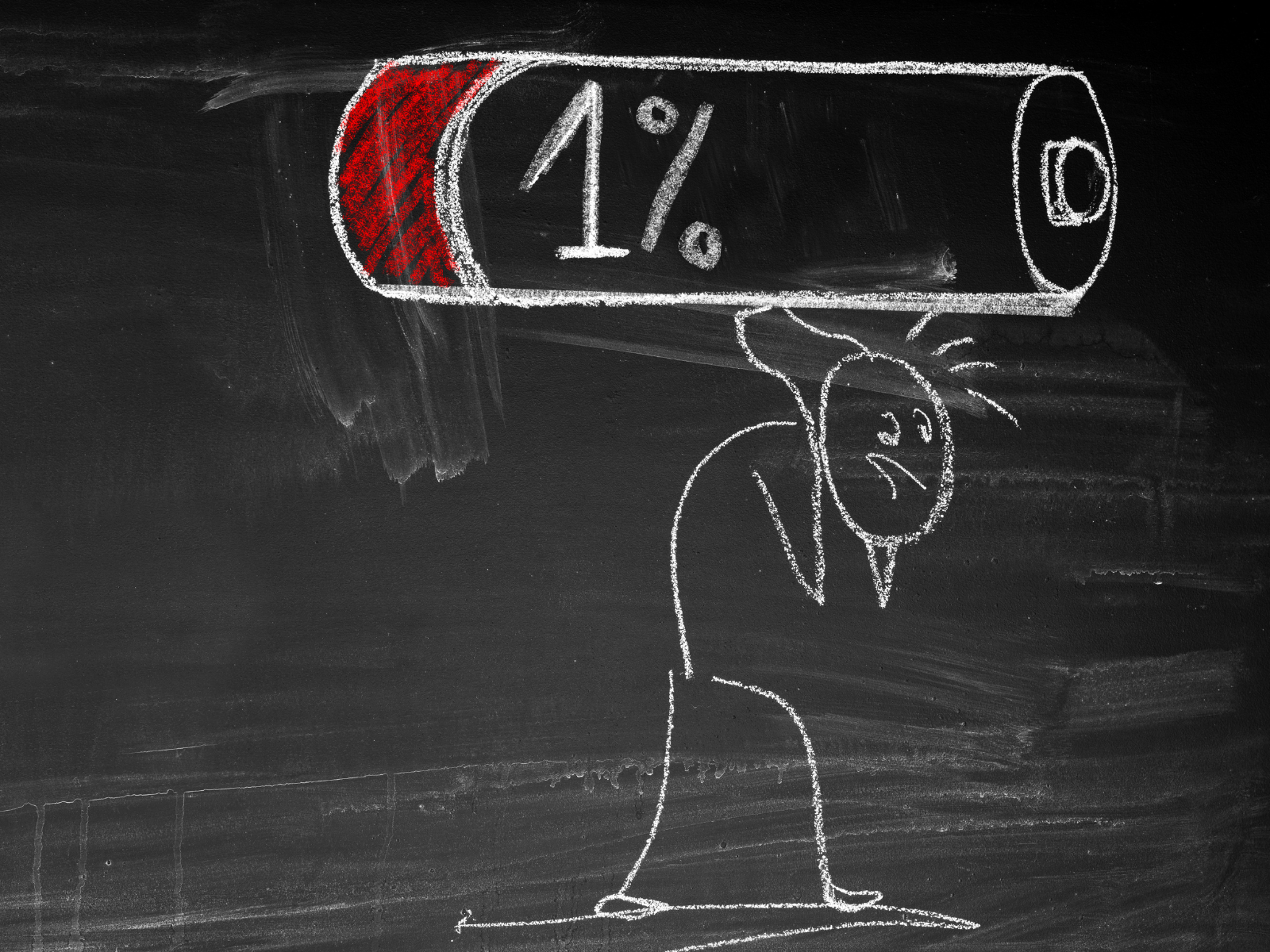
The Causes of Creative Burnout
Understanding the causes of creative exhaustion is the first step towards overcoming it.
Becoming intentionally aware of these causes can help us identify the warning signs and take proactive steps to prevent creative burnout in the first place.
Here are some common triggers:
- Self-Doubt: Creators often grapple with imposter syndrome, feeling like they're not good enough or that their success is undeserved.
- Lack of Motivation: When our passion starts feeling like a chore, it's hard to stay motivated.
- Unattainable Goals: Setting unrealistic expectations can lead to frustration and disappointment.
- Financial Pressure: Many creators struggle with financial instability, which can add to the stress and lead to burnout.
- Overworking: In our hustle culture, overwork is often glorified, but it's one of the leading causes of creative exhaustion.
- Comparison: Constantly comparing ourselves to others can be demotivating and lead to feelings of inadequacy.
- Lack of Support: Not having a strong support system or feeling misunderstood by those around us can lead to isolation and burnout.
- Perfectionism: The pursuit of perfection can be draining and lead to feelings of inadequacy when our work inevitably falls short.
Recognizing these triggers is essential in overcoming creative exhaustion.
We need to take a step back, evaluate our habits and thought patterns, and make changes where necessary.
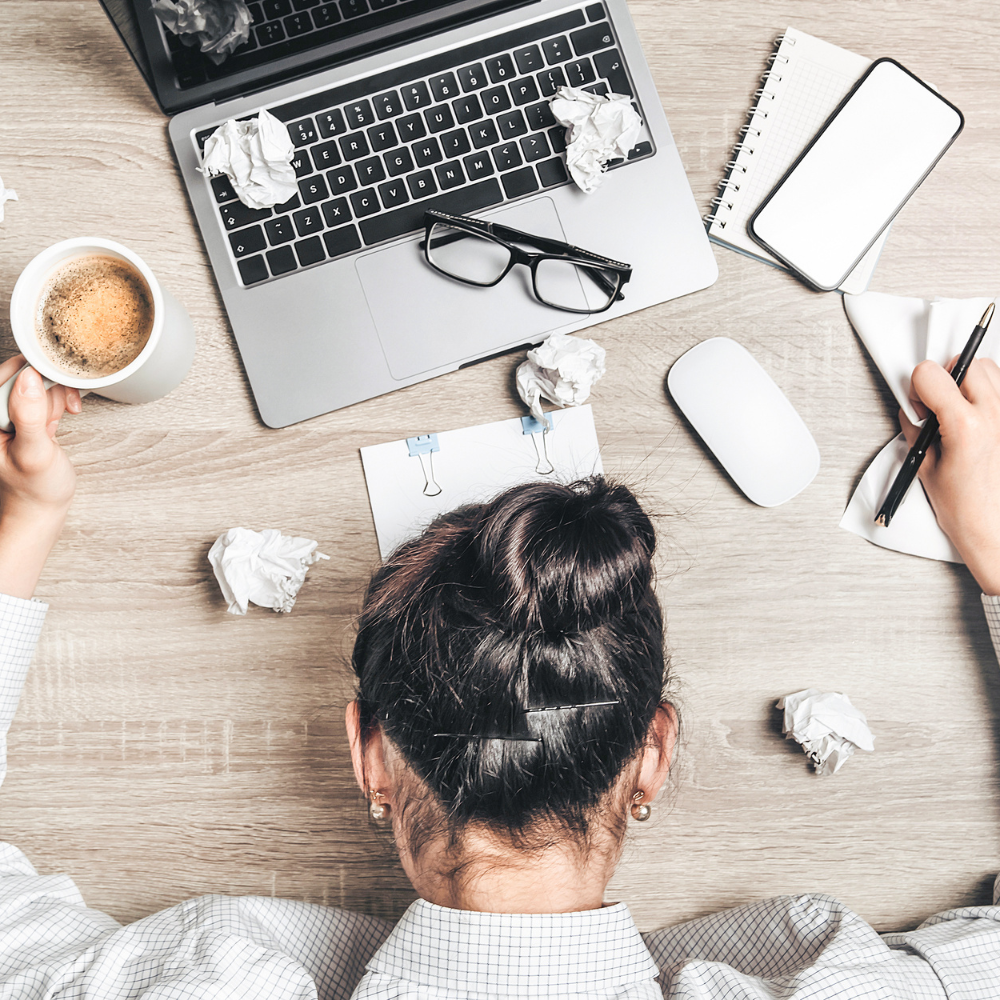
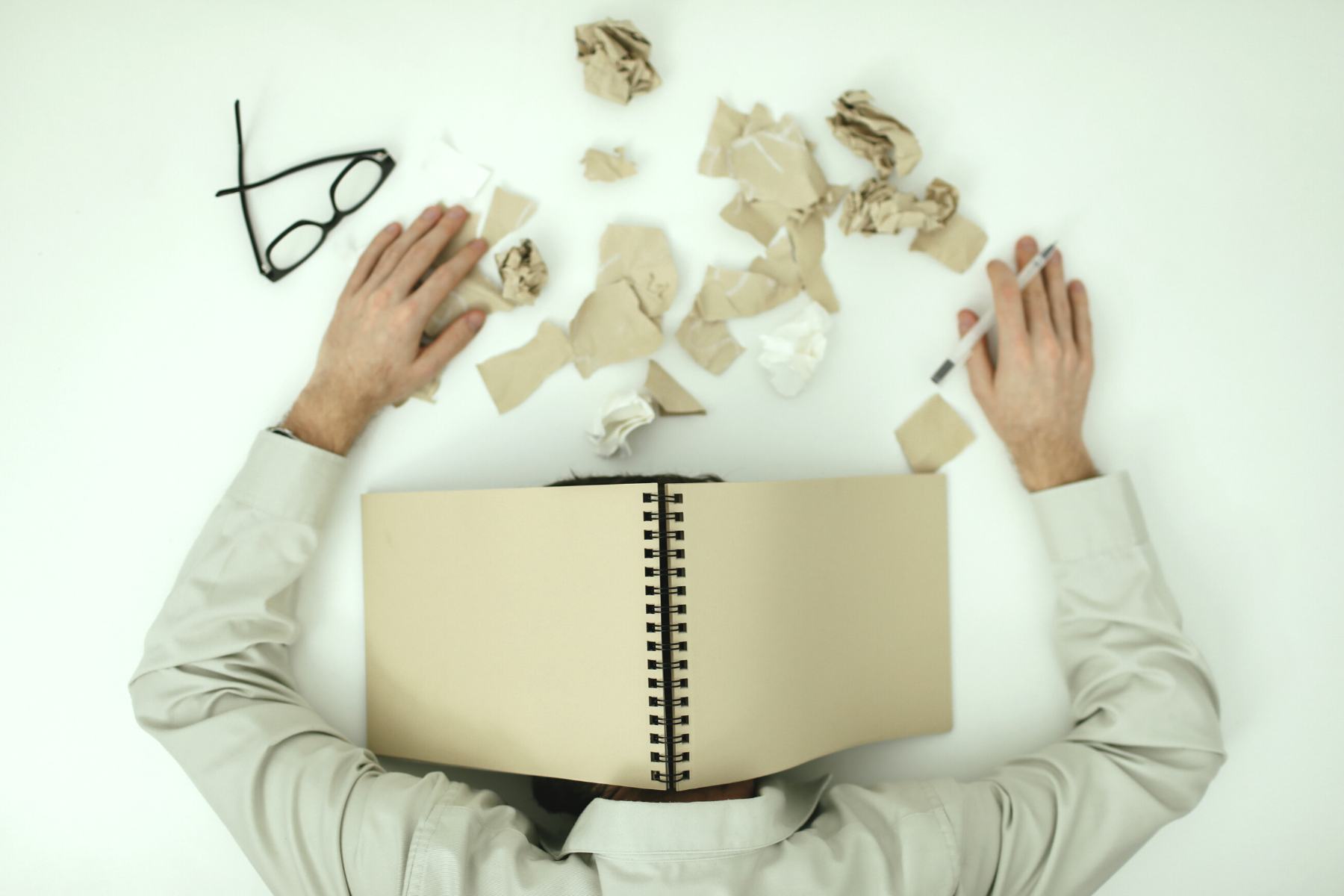

Identifying Creative Exhaustion in Yourself
One of the first steps to overcoming creative exhaustion is recognizing when it's happening.
More stress is a natural byproduct of unconsciously demanding too much of ourselves.
If you're feeling overwhelmed, burnt out or just plain exhausted, it's time to take a step back and assess your current state.
The vicious onslaught of creative exhaustion can hit us at any time, no matter who we are or how much experience we have.
But even though the signs may differ from person to person, recognizing them in ourselves is key.
Here are some common signs to look out for:
- Lack of Inspiration: If you find yourself struggling to come up with new ideas or feeling uninspired by your usual sources of inspiration, you may be experiencing creative exhaustion.
- Decreased Productivity: Are you finding it difficult to complete tasks or stick to a routine? This could be a sign of burnout.
- Physical Symptoms: Headaches, body aches, and fatigue are all physical manifestations of creative exhaustion.
- Mental Fog: Difficulty concentrating or making decisions can be linked to mental exhaustion.
- Emotional Changes: Irritability, mood swings, and feelings of apathy may indicate that you're experiencing emotional burnout.
In today's society, we're often carrying shock, stress, and anxiety with us, even if we don't realize it.
It's important to check in with ourselves regularly and listen to our bodies and emotions.
Consciously processed, these symptoms can help us pinpoint the cause of our exhaustion and work towards overcoming it.
There's no need to continuously re-create the same tired, exhausted reality and even more pressure on ourselves.
With the right tools and techniques, you can regain your energy and get back to creating with renewed passion.
Let's roll up our sleeves, put on our favorite motivational music and tackle this beast head-on!
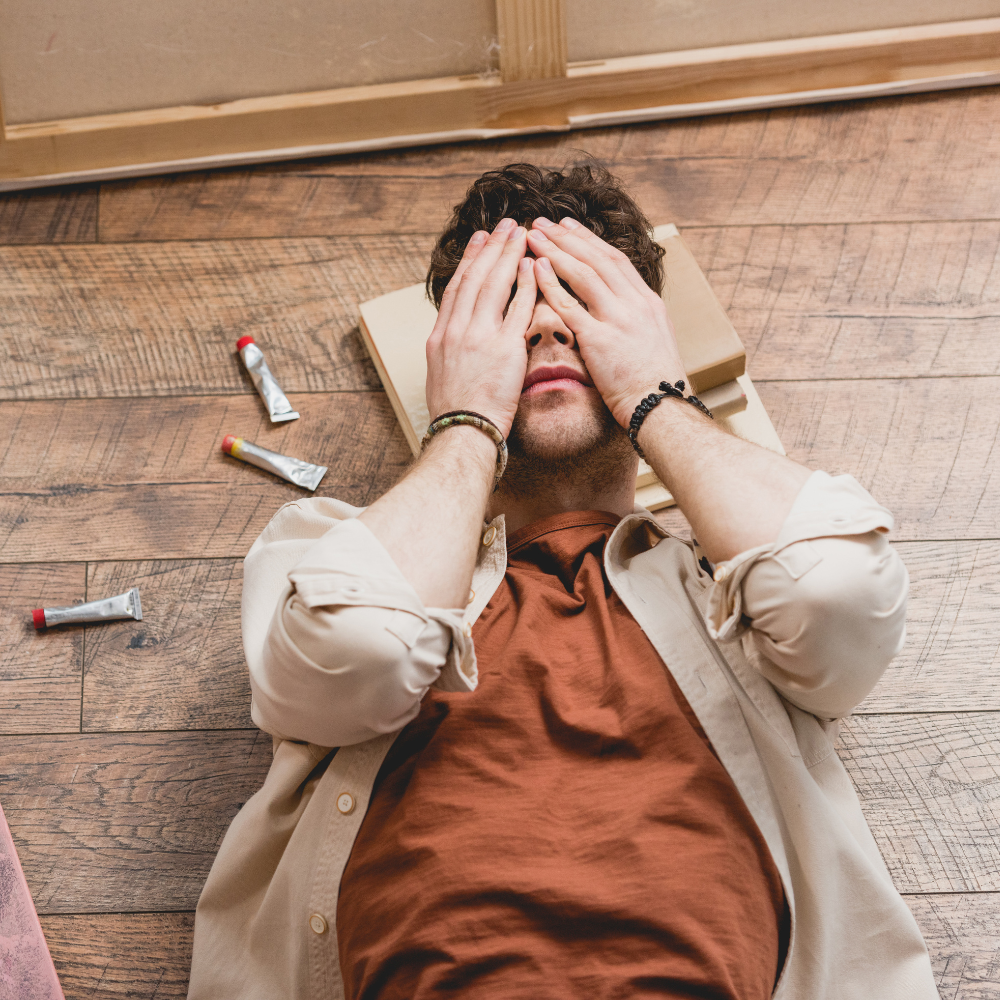


Break the Chains of Exhaustion: Path Forward
Now that we know the causes and signs of creative exhaustion, it's time to look at ways to break free from its grasp.
If you tread gently, apply the healing salve of insightful knowledge, and reflect on your own creative journey, you'll be well on your way to rekindling the spark of inspiration that once drove you.
Here are some tried and tested ways to recharge those drained batteries.
- Start with a Small Project:
When you’re feeling overwhelmed, try working on a smaller project as opposed to your usual complex work.
This helps break down the task at hand and ease the pressure of feeling like you're not up to the task.
It also helps ease you back into the groove of creating and once you start feeling confident, you can tackle more complex projects again.
- Change Your Environment:
Your workplace environment has a significant impact on your work.
If you've been staring at the same four walls for too long, it's time for a change.
So, if you tend to work in a specific setting, try changing it up, even if it's just for a day.
Find a new workspace, or choose a different room in your house for a change of scenery, or even work outside if the weather permits.
This change of surroundings might just be what you need to regain your creative mojo.
When it's tough to get back in the flow, take some time away from the tasks.
Sometimes, the best way to recharge is to simply stop; close your laptop, put down your pen, and step away.
Take your mind off everything by engaging in an activity you enjoy but doesn't require a lot of thought, such as going for a walk, practicing yoga, or listening to calming music.
This will help to ease the pressure and quiet your mind.
It's necessary to take breaks for your mind and body to recharge.
- Seek Inspiration:
Inspiration can come from anywhere, even from everyday life instances.
Keep a journal, doodle, sketch or write down every idea that comes to your mind.
Pinterest is also an excellent source of helpful ideas for design and graphic artists.
When you're feeling drained or uninspired, turn to the people and things that inspire you.
It might be exactly what you need to get back in the groove.
Mindfulness is like an energy-saving mode for your brain.
It can help you focus on the present and reduce stress.
Try incorporating mindfulness practices such as breathwork or meditation into your daily routine.
This will help you stay centered and reduce mental clutter, allowing creativity to flow more freely.
So, close your eyes, take a deep breath, and let go of that mental clutter.
Meditation isn't just for yoga enthusiasts or monks.
It's a valuable tool that can help you clear your mind and enhance creativity.
Take a few minutes each day to sit quietly, focus on your breath, and let your thoughts drift away.
This will help you relax and quiet your mind, making it easier to come up with new ideas.
Plus, you get to sit quietly doing nothing, and who doesn't love that?
- Get Support:
As creators, it's easy to feel isolated and misunderstood.
But remember, there are others out there who understand what you're going through.
Reach out to a friend, fellow artist, or a supportive community to share your struggles and get some encouragement.
Sometimes just talking it out can be a great relief.
- Set Realistic Goals:
Setting goals is essential for any project, but they must also be achievable.
Be honest with yourself about what you're capable of accomplishing in a given time frame.
Setting unrealistic goals can lead to frustration and disappointment, which can contribute to burnout.
It's better to set smaller, achievable goals and celebrate each milestone along the way.
- Prioritize Self-care:
As artists, we often put our work first and neglect self-care, but self-care is crucial for maintaining a healthy mind and body.
Make sure to prioritize activities that bring you joy and help you relax, such as exercise, spending time with loved ones, or indulging in a hobby.
It's not only good for your mental and physical well-being but also for your creativity.
- Have Fun:
Enjoy what you do!
Remember why you began creating in the first place.
Creativity is also supposed to be fun and liberating, so put aside the stress and let the creative process be spontaneous.
Relax and loosen up.
If it's not fun, then what's the point, right?

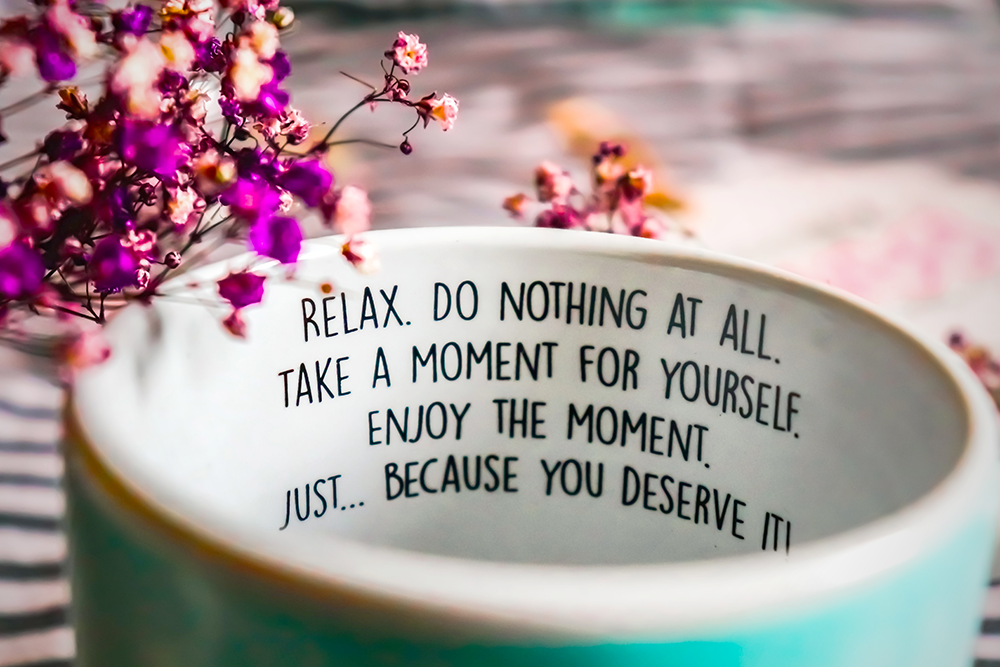
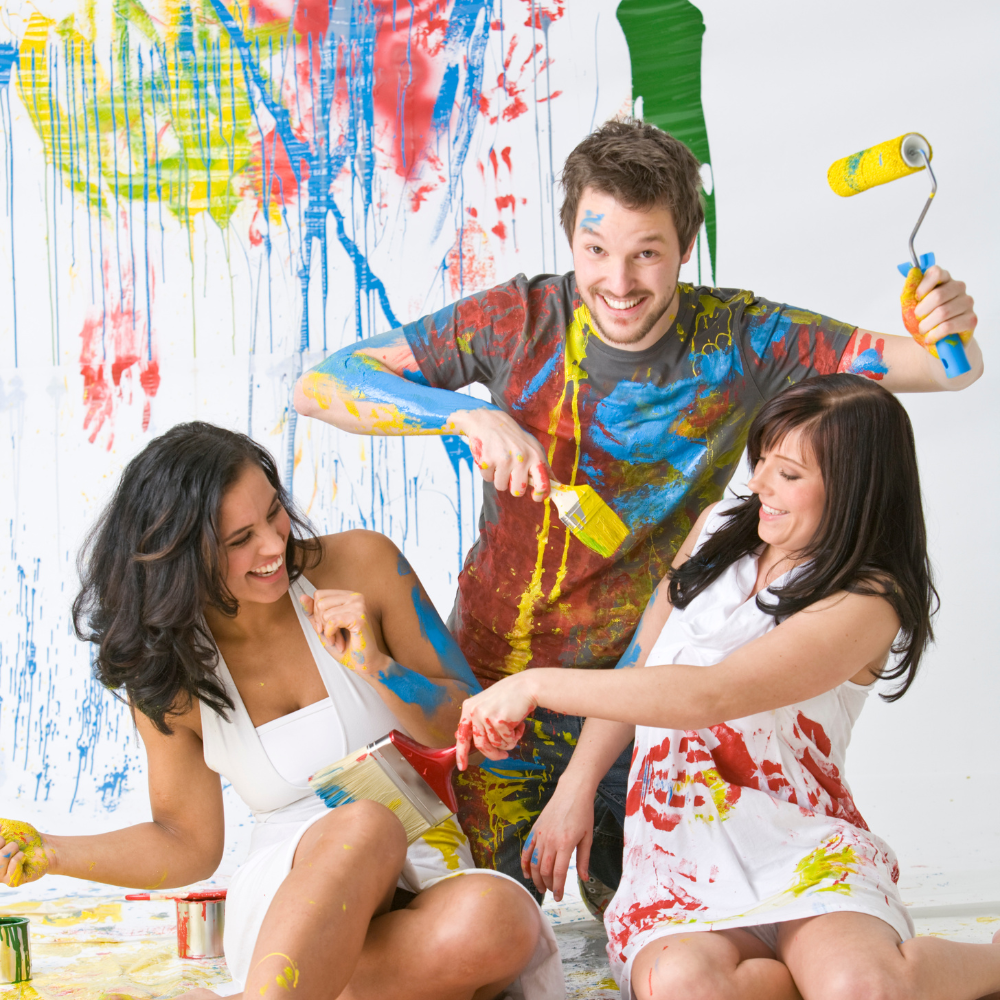
Exercises to Refocus and Recharge
Sometimes, even with our best efforts, creative exhaustion can still creep up on us.
When that happens, it's essential to have some go-to exercises to help refocus and recharge. Here are a few techniques you can try:
- Brain Dump:
Sit down for a few minutes and write down every single thought that comes to your mind - the good, the bad, and the ugly.
Don't think about organization or coherence, just let it all flow out. Sometimes, this can be incredibly cathartic and help clear your mind.
- Visualize Your Goals:
Close your eyes and visualize yourself completing a project you're passionate about.
Picture every detail - how you feel, what you're doing, and what surrounds you.
This exercise can reignite your passion and motivation for your work.
- The Power Nap:
A quick 20-minute snooze can do wonders for your energy levels.
If you're feeling drained, take a short nap to recharge your batteries.
Just make sure not to oversleep and wake up next Tuesday.
- The Two-Minute Meditation:
Sit comfortably, close your eyes, and focus on your breath for two minutes.
Feel the stress melt away.
- The Five-Minute Dance Party:
Put on your favorite upbeat song and dance like nobody's watching.
It's fun, energizing, and a great workout!
- The Ten-Minute Walk:
Step outside and take a brisk walk.
Fresh air + physical activity = instant energy boost.
- The Fifteen-Minute Doodle:
Grab a piece of paper and a pen, and let your hand move freely.
This is a great way to unlock your creativity.
- Change Your Perspective:
Try looking at your project from a different angle.
If you tend to focus on the small details, zoom out and look at the bigger picture.
If you usually approach things systematically, try a more creative and intuitive approach.
Changing your perspective can help you see things in a new light and spark fresh ideas.
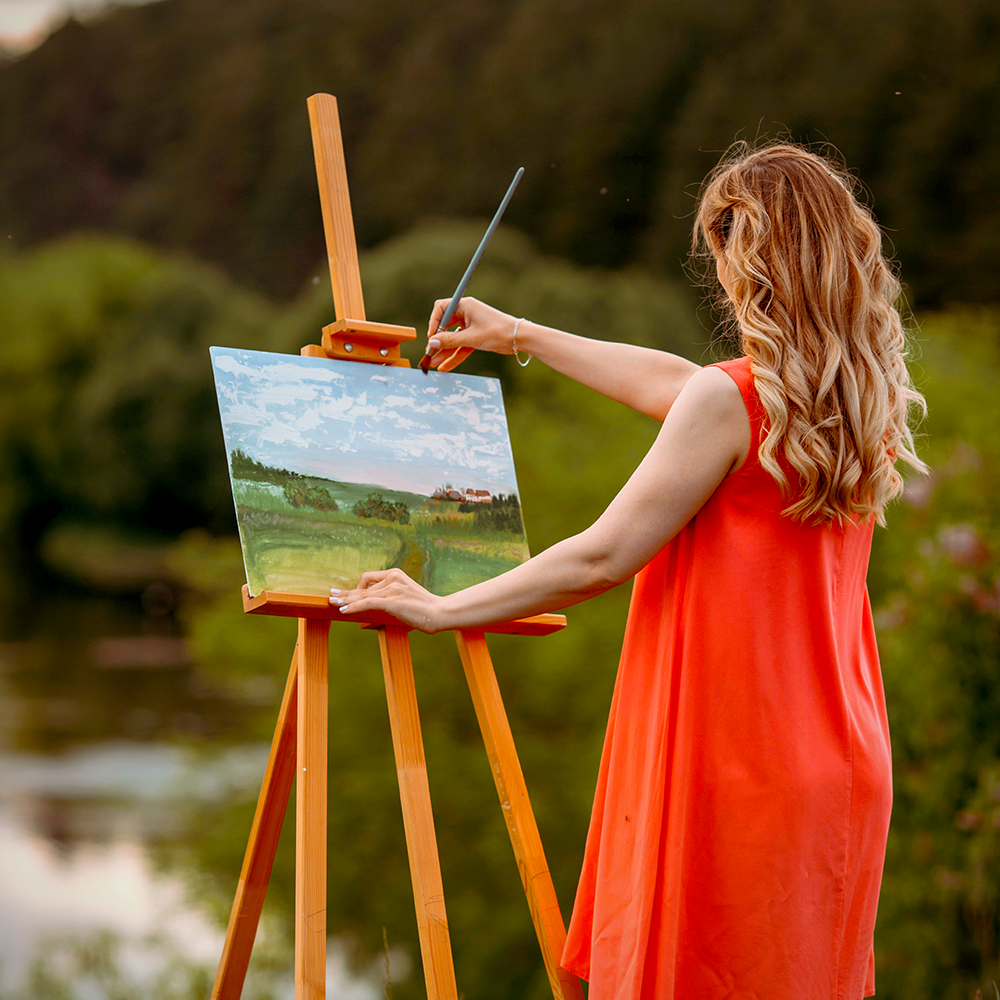
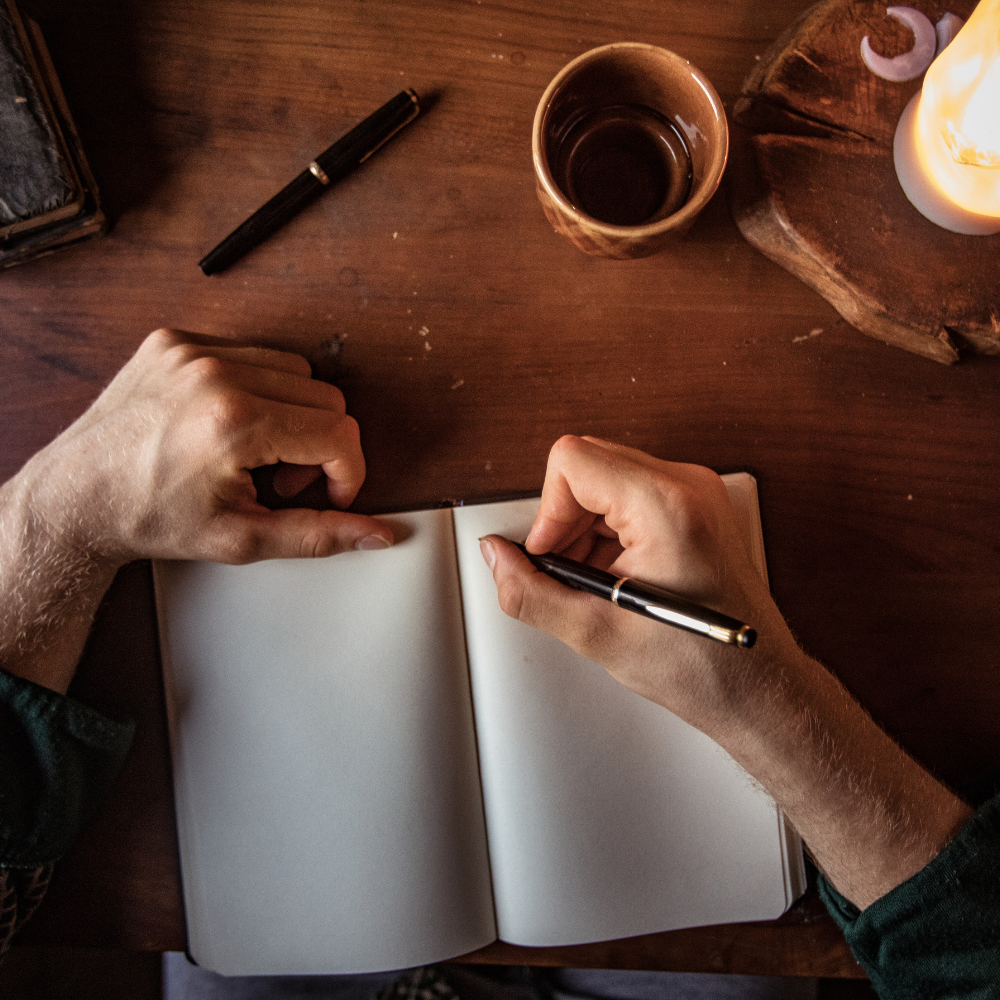

Utterly Exhausted to Fully Restored
Creative exhaustion is a real struggle that affects so many of us, but it doesn't have to be the end of our creative journey.
With the right tools and mindset, we can overcome it and come out even stronger.
By recognizing the signs, understanding the causes, and implementing self-care practices, we can overcome burnout and reignite our passion for creating.
Remember, fellow creators, exhaustion isn't a sign of failure.
It's a sign that you're a human being and that you're pushing your limits.
Creative exhaustion is a complex issue that affects many creators; however, by understanding its causes and implementing practical solutions, we can overcome this challenge and continue to create with passion and joy.
We all experience the burnout phase every once in a while, but how we deal with it is what differentiates us from the rest.
Pushing yourself beyond limits at times can have fantastic results, as you can't grow from your comfort zone, but it's equally important to take care of your mental and physical health.
Remember that it's okay to take a break.
It's okay to ask for help, and most importantly, it's okay to prioritize your well-being over your work.
After all, you can't pour from an empty cup.
So, take a break, take care of yourself, and then get back out there and create some magic!
This is a gentle reminder to find compassion for yourself in your moments of burnout and a reminder to take the steps necessary to prevent it from becoming a recurring issue.
Take care of yourselves, my fellow creators, because the world needs your creativity.
Give yourself grace; you got this!

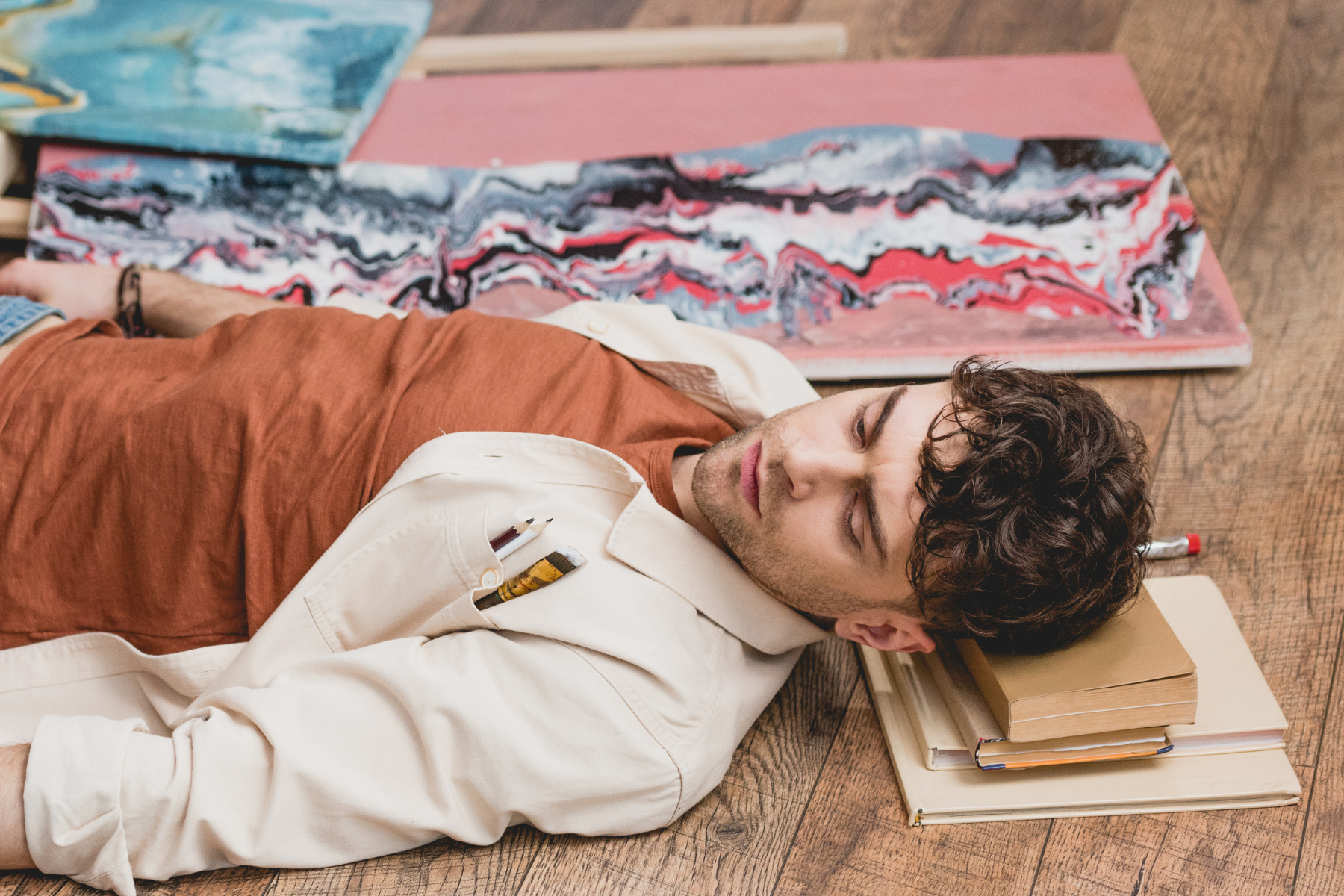

Ready to overcome fatigue and energy vampires? Check out Doctor Mike Hansen's video!
Want even more content about creativity and art?
Be sure to check out all of our creative chronicles!
Eager to explore your creativity?
Check out some of our other articles:


